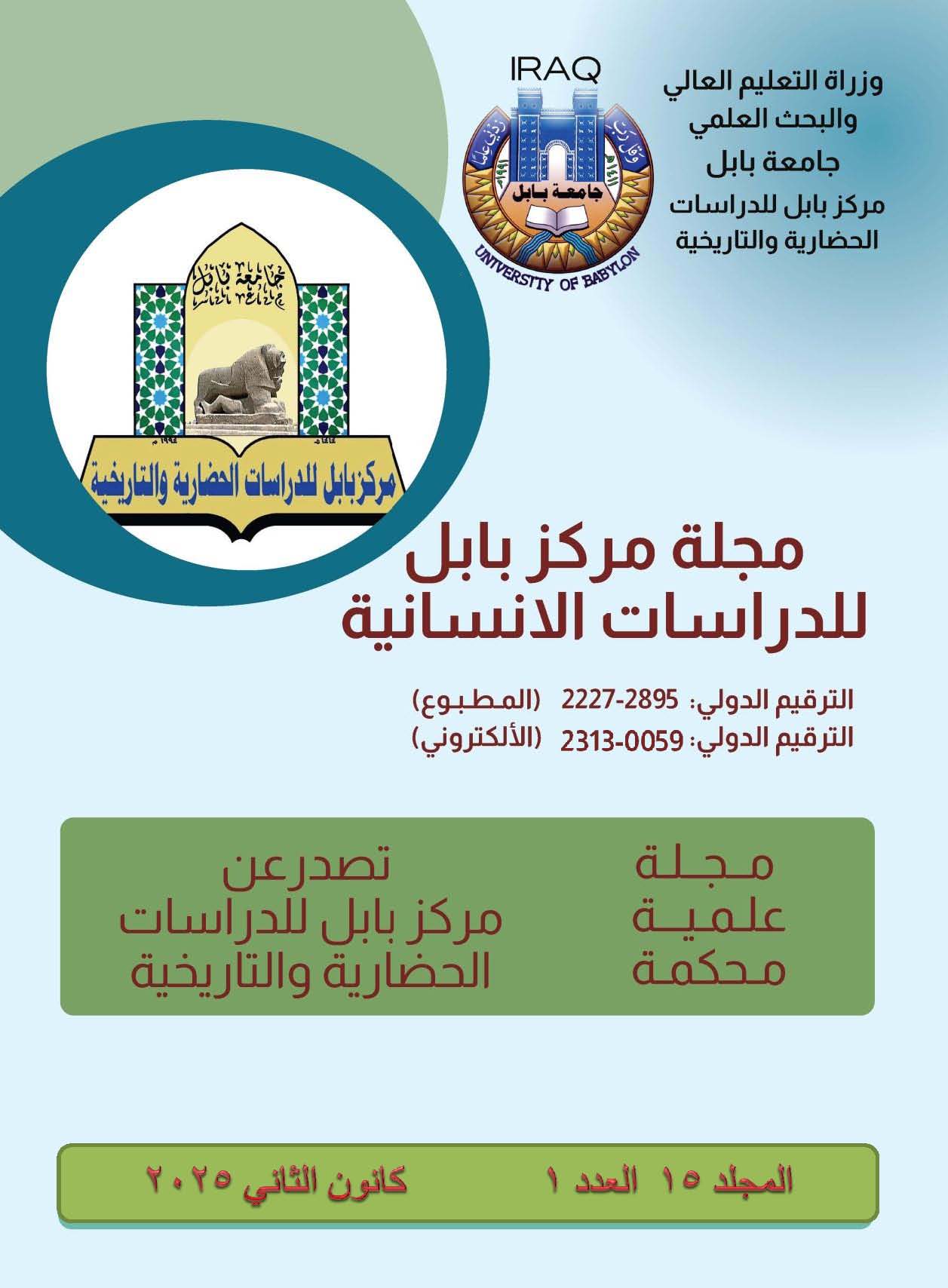Ideological authority in my novel: Nahib al-Rafidain and Fereydoun has three sons (A comparative study)
Keywords:
ideological authority, the novel, Abdul Rahman Majeed Al-Rubaie, Abbas MaroufiAbstract
The research aims to reveal the ideological authority in the Iraqi novel represented by (The Wailing of the Two Rivers) by Abd al-Rahman Majeed al-Rubaie (1939) and to compare it with the Persian novel by Abbas Maroufi (1957) (“Faridoun Has Three Sons”). The importance of the topic is focused on revealing the concept of ideology in all its manifestations and practices as authority, religion, politics, etc., and revealing the relationship between the Iraqi and Iranian novels with regard to the novelist’s trend towards exposing ideological authority as one of the prevailing political phenomena in (the two societies). Using the comparative cultural approach according to the American school, the results obtained indicate that ideological authority appears in several areas, including the execution scene, which is represented in direct and indirect forms in the novel “Nahib al-Rafidain” and “Faridoun Has Three Sons” and similarly, but Maroufi focused on this scene in a similar manner. Greater and under the influence of the ruling religious ideology. As for the ideological intellectual, Al-Rubaie revealed his relationship with the ruling ideology, his privileges, and his negative form, while this scene was numerous in Maroufi’s novel in different forms, including the Marxist and Enlightenment intellectual, and as for the war scene, the two novels deal with the relationship with war. Directly linked to the ideology of certain groups and a common religious ideology, which led to great similarities in this area.







